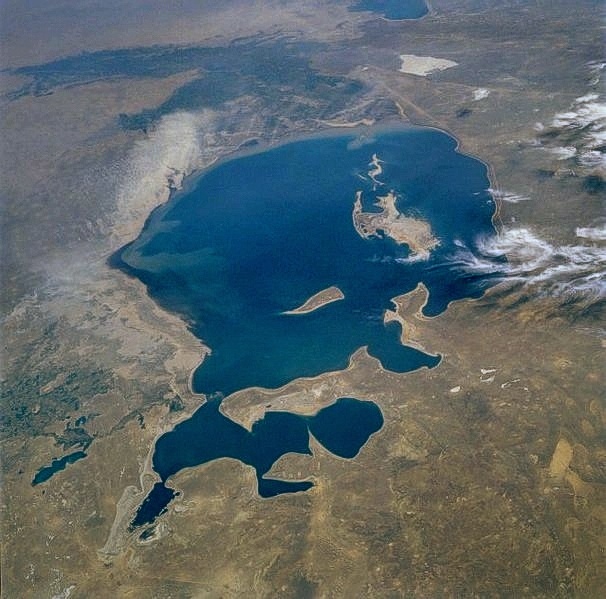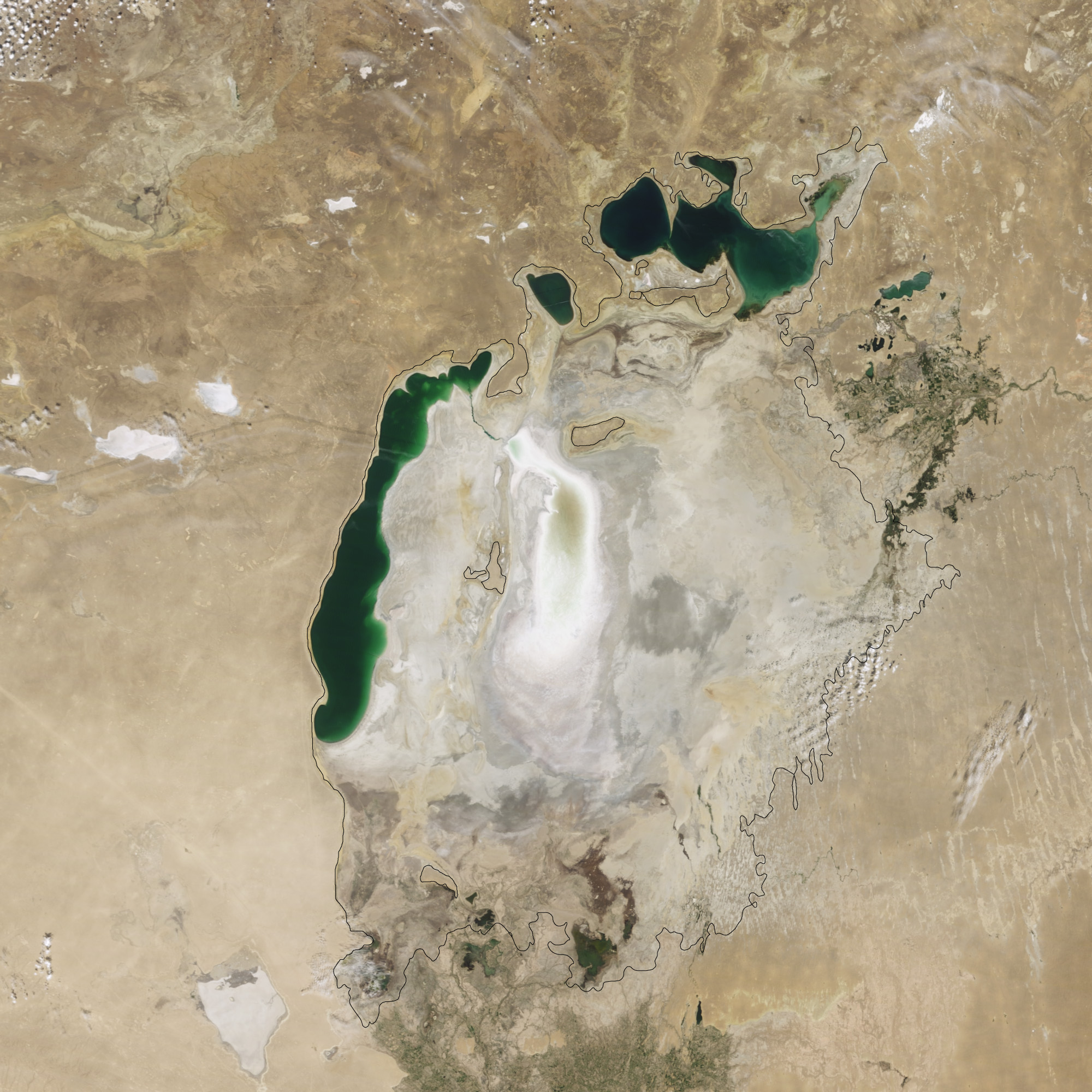Hiroo Onoda was a Second Lieutenant in the Imperial Japanese Army, an intelligence officer, trained in guerilla warfare and commando tactics, with express orders to under no condition surrender or take his own life - he was told that the Japanese Army would return for him eventually. He took this order to the extreme when it emerged that he and his small unit of three men were still fighting long after the war ended.
They were located in the jungle of Lubang Island in the Philippines and harassed the civilian population there for decades. All attempts to convince the men that the war was over failed - they assumed that pamphlets, leaflets, letters and even family photographs dropped from planes were hoaxes constructed by the Allied forces. One of the men, Yuichi Akatsu surrendered to Filipino forces in 1950, after walking away from Onoda's unit.
Parties were sent into the jungle to find the three remaining men, who were still harassing locals and waging war on what they thought was an enemy dressed in civilian clothing. In 1954, Shoichi Shimada, a member of the guerilla group, was killed by a shot fired by a search party sent to find them, leaving just Inoda and his last man, Kinshichi Kozuka in the unit.
Kozuka was killed by local police in 1972, when he and Onoda were burning rice collected by local farmers.
Norio Suzuki, a college drop out who was travelling the world, looking for
"Lieutenant Onoda, a panda, and the Abominable Snowman, in that order", actually managed to find the Lieutenant in February of 1974, when dozens of search parties had failed, and tried to convince him that the war was over and he should surrender. Onoda refused, saying he was waiting for orders from a superior officer.
Suzuki returned to Japan with photographs as proof of their encounter, and the government located Onoda's former commanding officer, Major Taniguchi, who had since become a bookseller. He flew to Lubang and on March 9, 1974, finally gave Onoda the orders he had been waiting for the past 30 years. He was relieved of his orders and post without having to surrender. He handed over his rifle, still in good working order, his sword, some grenades and 500 rounds of ammunition, as well as the dagger his mother had given him in 1944.
He had killed some 30 Filipino inhabitants of Lubang, and had been engaged in several shootouts with police, he was pardoned by the president of the Philippines, Ferdinand Marcos, due to the extraordinary nature of the situation. Onoda returned to Japan as something of a hero - he wasn't the last Japanese soldier to be found fighting the war, but he was definitely the most popular.
Now, reading about Onoda got me thinking. What if I had been in that situation? Would I have surrendered sooner, or carried on fighting for thirty years? You may think it was common sense to assume that the war could not possibly have lasted so long, but to the highly patriotic Japanese soldiers, that notion was more believable than the concept that Japan would have lost the war. Ultimately, it was a combined sense of honour, duty and patriotism that led Onoda to carry on fighting for so long. Would I have been able to exhibit similar qualities in a similar situation?
Raised in the way he would have been, with his mindset and beliefs that were drilled into him from an early age, perhaps I would. Of course, being an insulin-dependent diabetic, it's highly unlikely that I would have been sent anywhere - but mentally, I think I could do it. It would get easier over time, not harder. You'd fall into a routine, a strong sense of purpose and you'd find it ever easier to justify your activities. Couple that with the extreme paranoia of war, the undying patriotism and loyalty of soldiers in that period, but especially that of the Imperialist Japanese Forces, and orders that not only require you to keep going, but also promise specifically how you will be relieved... and you have an understanding of just how easy it would be to hide in a jungle for thirty years, taking the odd shot at a local and burning their rice harvests.
Onoda was not a hero or a villain. He was just doing what he was told.













